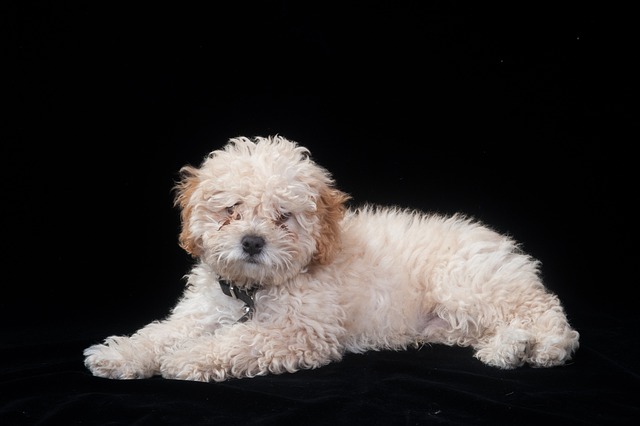
How to train a dog to pee outside?
Watching your new puppy squat on the living room rug can be frustrating, but housebreaking is a journey every dog owner goes through.
So you've got a golden retriever puppy showering you with love... and teeth. Those tiny needle bites during playtime are incredibly common, especially with breeds like goldens known for their soft mouths. But why does your adorable fluffball turn into a little land shark? It's rarely aggression. Puppies explore the world through their mouths – textures, tastes, objects, and yes, your fingers and ankles are fascinating chew toys. Combine this natural curiosity with the intense discomfort of teething (starting around 3-4 months) and the instinctive bite inhibition practice they'd learn from littermates, and you've got a recipe for enthusiastic mouthing. Understanding this developmental stage is crucial before jumping into how to train a golden retriever puppy not to bite effectively.
That sinking feeling when your favorite shoes become casualties or playtime ends in frustration is real for many American puppy parents. Beyond the minor pain and damaged belongings, unchecked puppy biting can escalate into a persistent, annoying habit that strains your bond. It might even lead to unintentional injuries, especially around children or elderly visitors. Addressing golden retriever puppy biting behavior early isn't just about saving your hands; it's about preventing ingrained patterns that become much harder to fix later. Imagine trying to enjoy a calm evening on the couch only to have your now-larger pup still gnawing on your sleeve – not the peaceful companionship you envisioned.
Thankfully, golden retrievers are famously eager to please and highly responsive to positive reinforcement for puppy biting. Forget old-school methods like yelling, alpha rolls, or tapping noses – these damage trust and can worsen behavior. Modern, science-backed training focuses on rewarding what you *want*. The core strategy is teaching bite inhibition and offering appropriate outlets. When those needle teeth connect with skin, immediately let out a high-pitched "OUCH!" – mimicking the yelp of a littermate – and instantly freeze, withdrawing all attention and play for 10-15 seconds. This clear signal teaches that biting makes the fun stop. Then, redirect! Always have a stash of fantastic chew toys (frozen carrots or Kongs stuffed with yogurt work wonders during teething). The moment they take the toy, praise calmly. Consistency from everyone in the household is non-negotiable for training golden retriever puppies not to bite.
Turning theory into daily practice requires specific exercises. Start during calm moments. Gently handle your pup's mouth and paws; if they remain soft, offer a tiny treat. This builds tolerance. Practice the "ouch-and-pause" technique religiously during play sessions. Incorporate short training bursts using simple commands like "sit" or "touch" (nose to hand) *before* initiating play; this sets a calmer tone and gives them an alternative focus. If your golden gets overly excited and bites despite redirection, calmly end the interaction. Stand up, turn away, or step briefly behind a baby gate for 30-60 seconds – this "time-out" removes the reward of attention. For apartment dwellers, manage their environment: use baby gates to create puppy-safe zones when you can't actively supervise, preventing access to tempting (but off-limits) chew targets like furniture legs. Always carry appropriate chews on neighborhood walks to redirect mouthing urges instantly, adhering to leash laws and carrying waste bags – good community etiquette starts young.
Investing time in compassionate, positive methods pays off immensely long-term. You're not just stopping nipping; you're building foundational communication and trust. A golden retriever trained gently learns self-control, understands boundaries, and develops a deep desire to cooperate. This fosters a truly well-behaved companion who can confidently navigate busy parks, vet visits, or relaxing at outdoor cafes without stress. Beyond mere obedience, this empathetic approach significantly strengthens the owner-pet bond. You create a dog who feels safe, understood, and eager to be part of your family life, leading to a happier, more harmonious relationship for everyone involved. Remember, patience and consistency are your best tools – those sharp puppy teeth won't last forever, but the positive habits you instill now certainly will.

Watching your new puppy squat on the living room rug can be frustrating, but housebreaking is a journey every dog owner goes through.
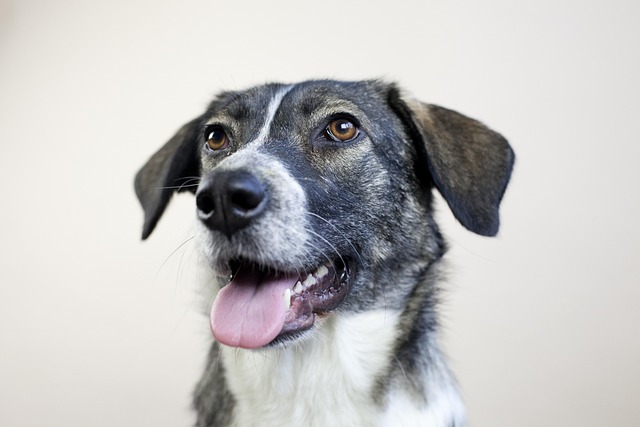
If your dog turns a deaf ear to the “sit” command, don't beat yourself up. It's a common struggle for pet parents, and cracking the code requires patience, observation, and a sprinkle of creativity.

Coming home to a dog that growls, lunges, or shows teeth is heart-breaking. Aggression isn’t just scary—it can strain the bond you want with your furry friend.
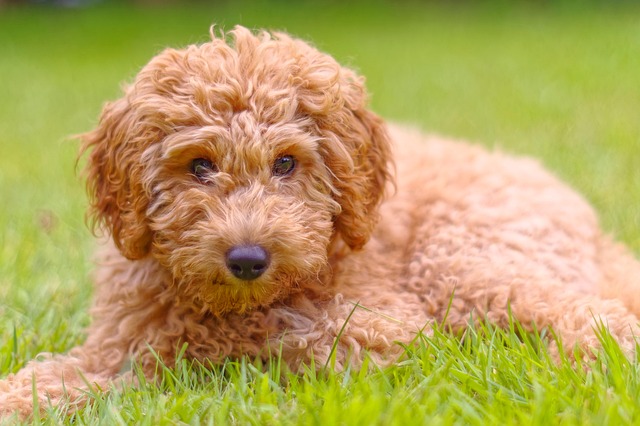
Picture this: It’s 3 AM in your Seattle apartment complex courtyard, rain dripping down your neck as your 12-week-old Golden Doodle, Benny, sniffs every leaf instead of peeing.
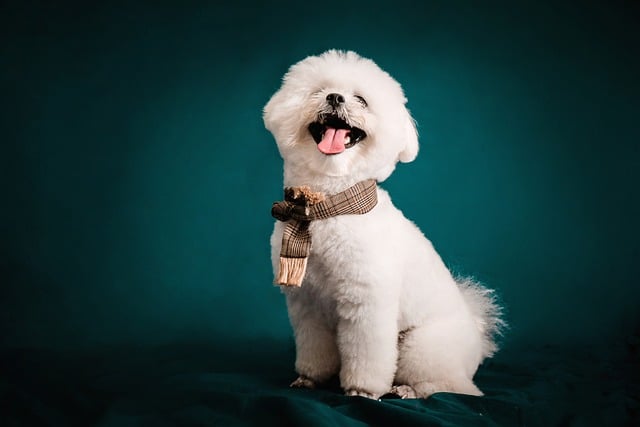
Ever found yourself crouched on the kitchen floor, staring at a fresh puddle and wondering if there’s a magic solution to puppy potty training?
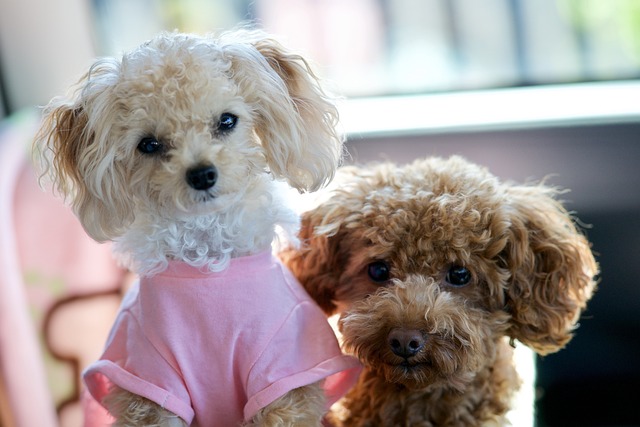
Picture this: You’re rushing to clean up your 12-week-old Labrador’s puddle on your Chicago apartment’s hardwood floor again while late for work.